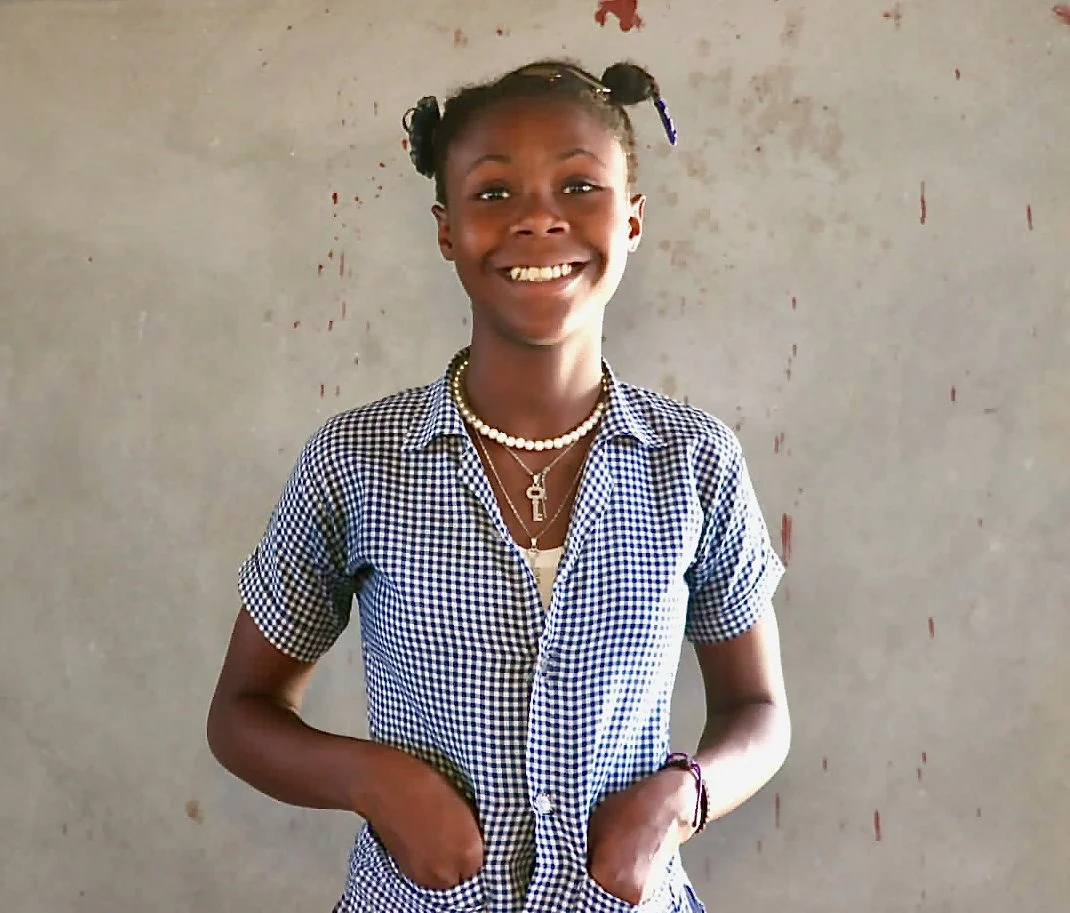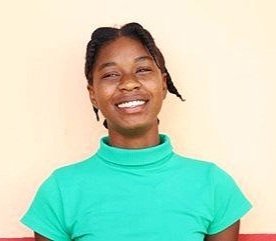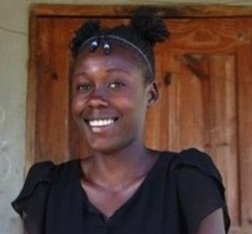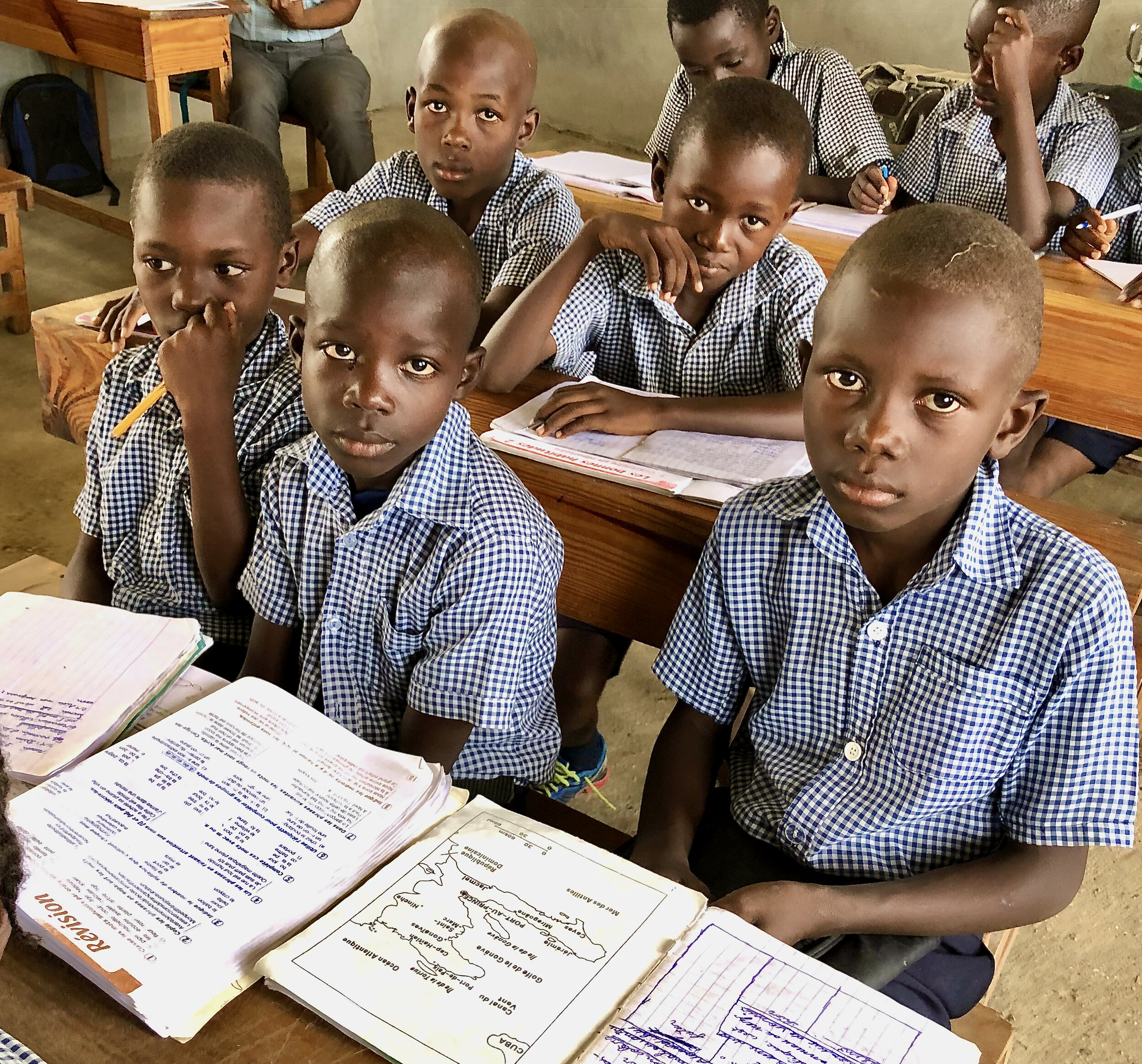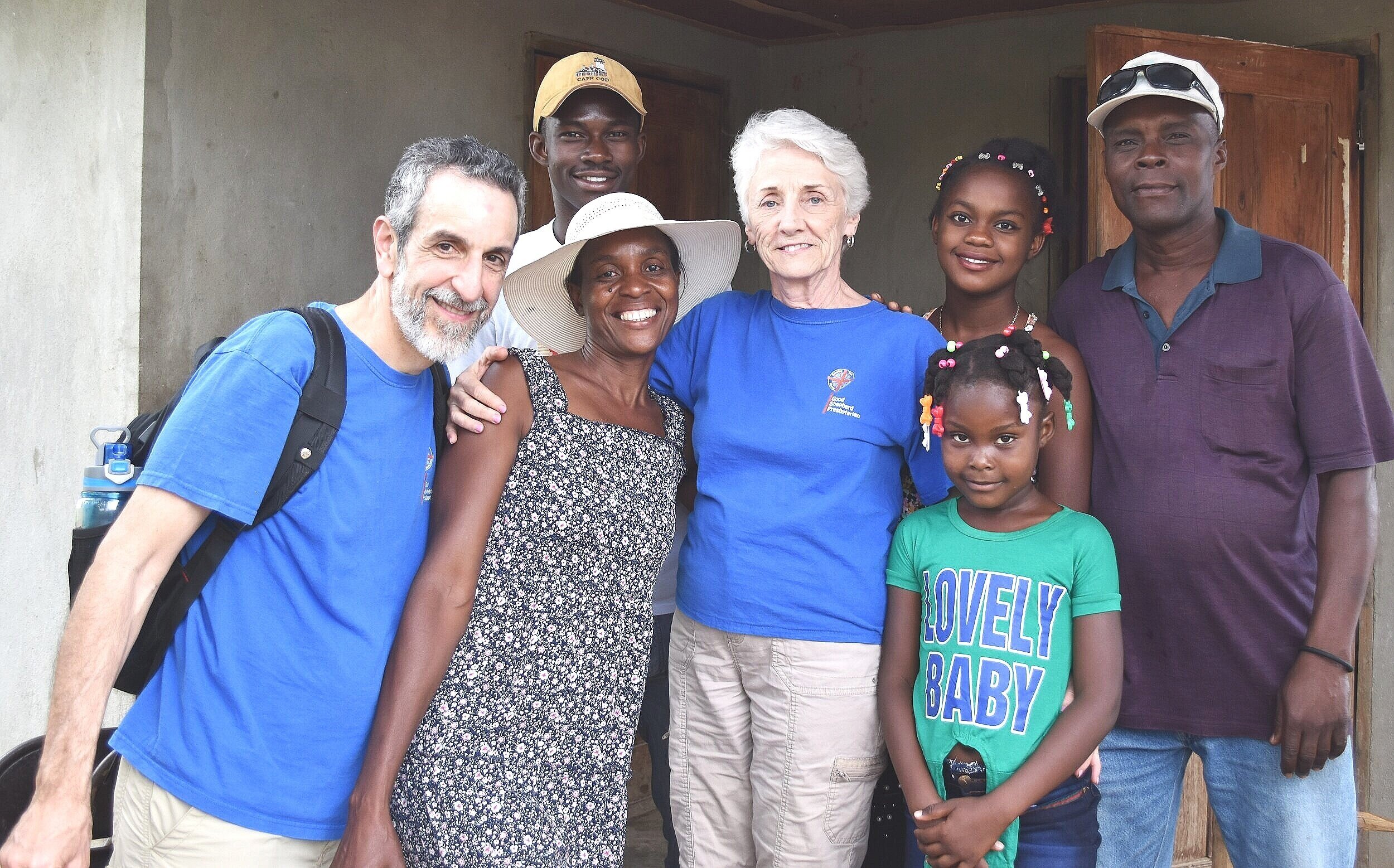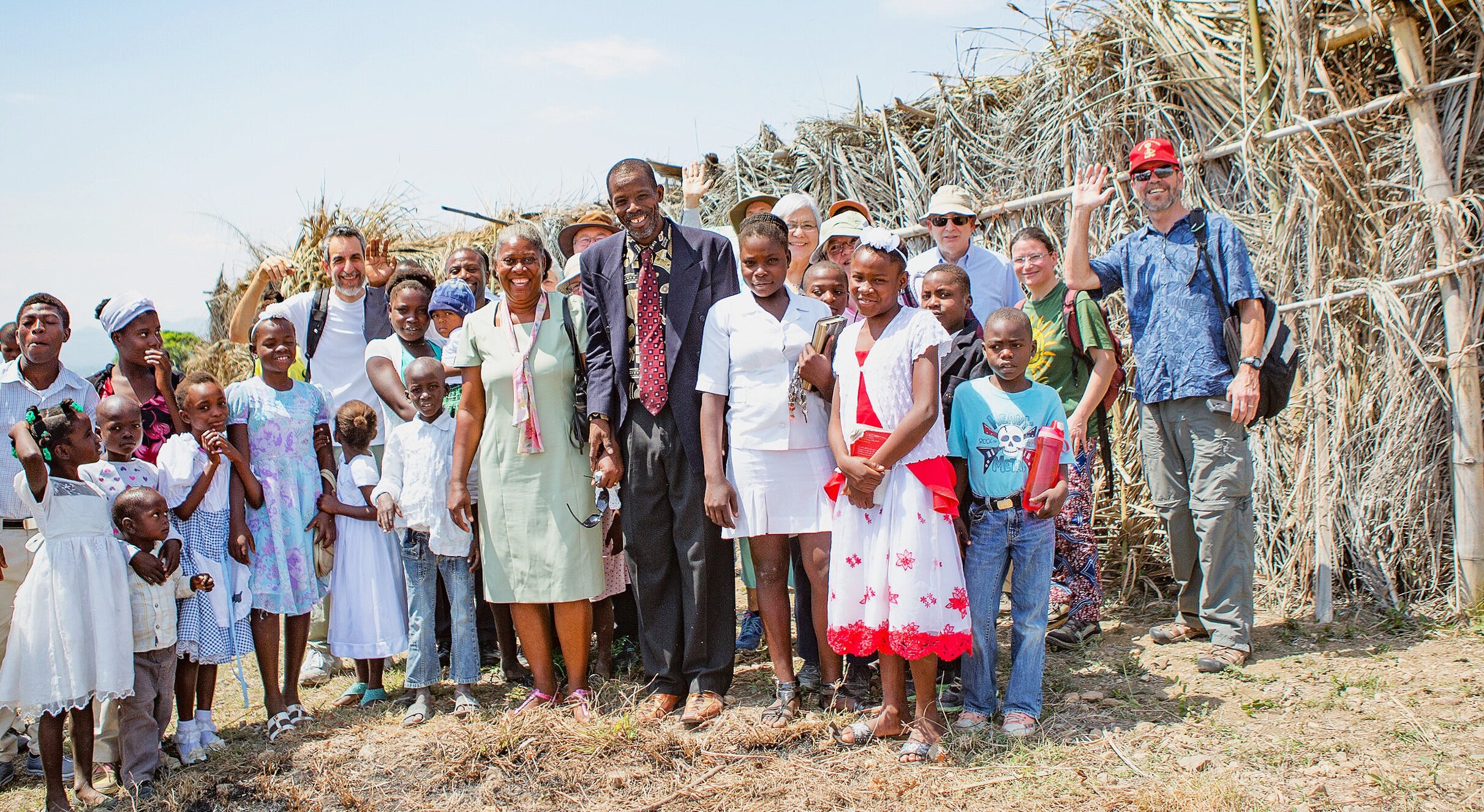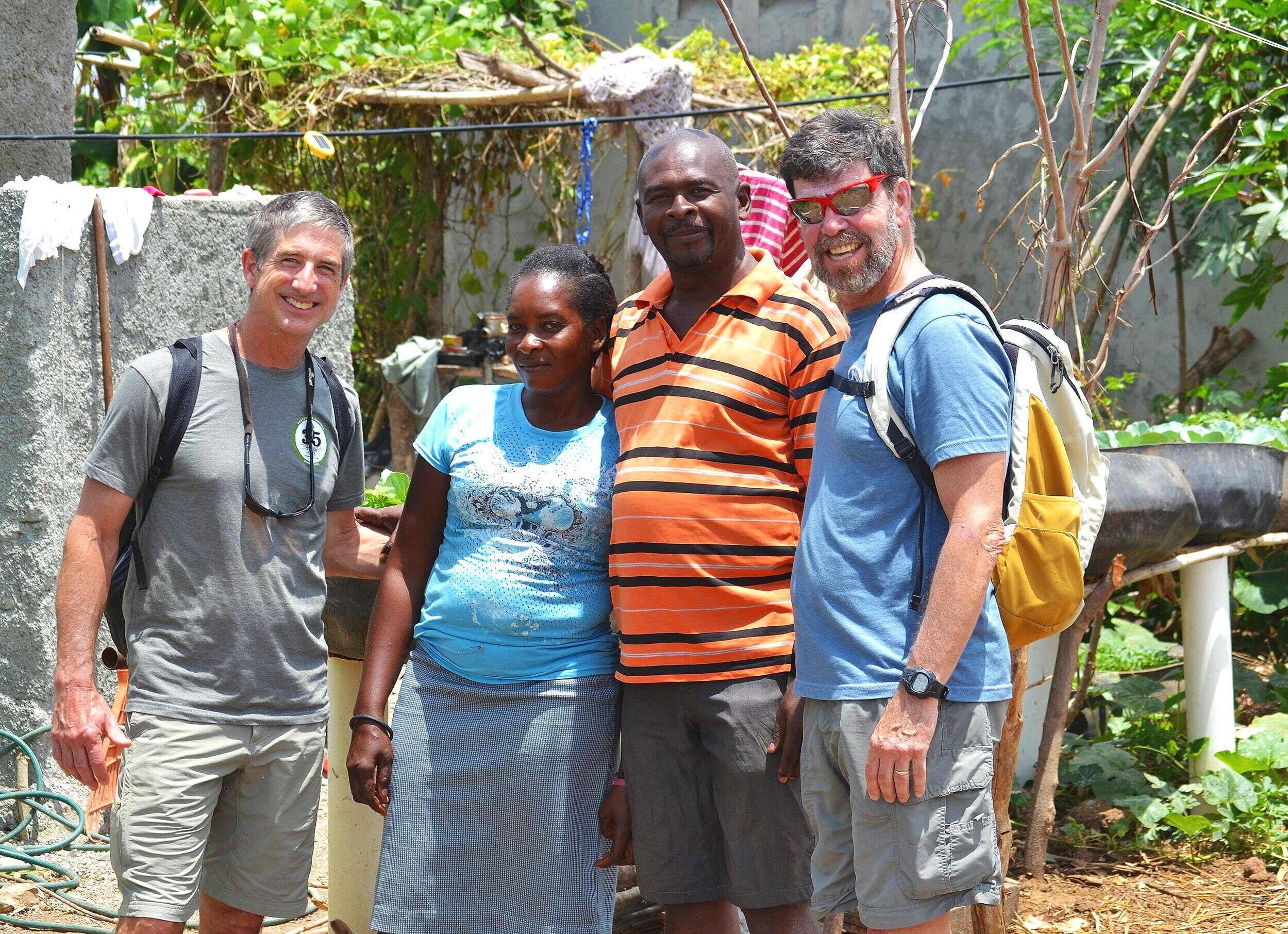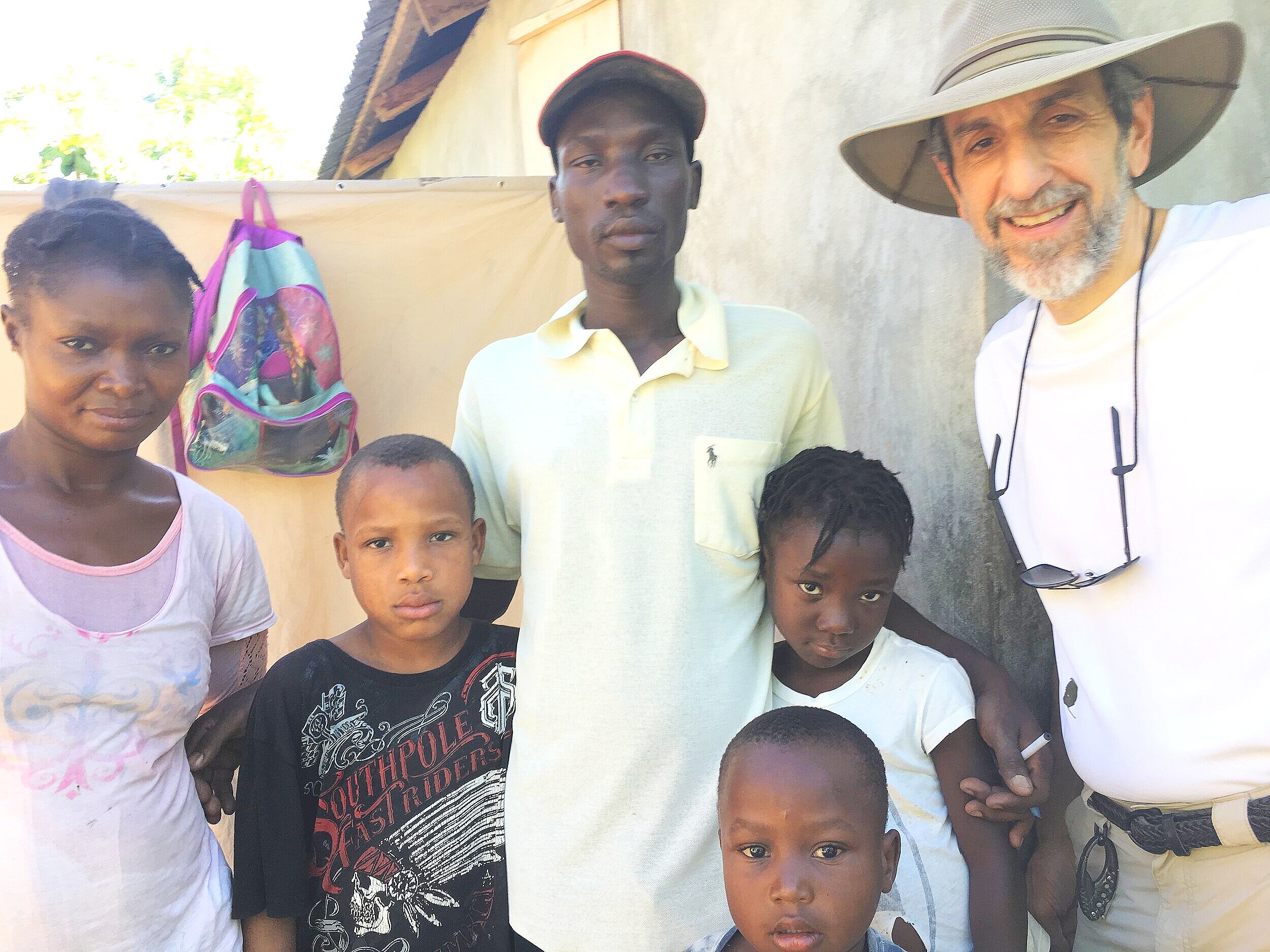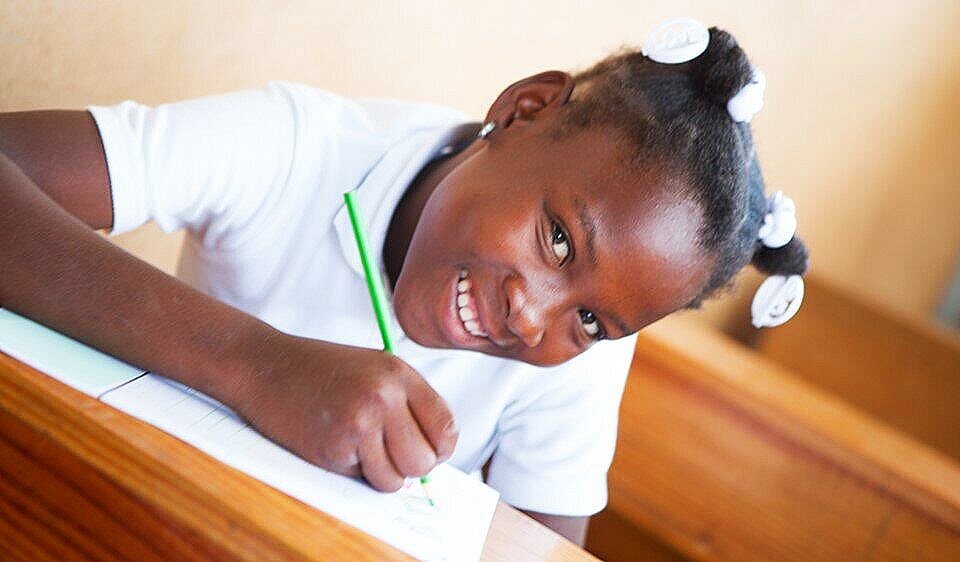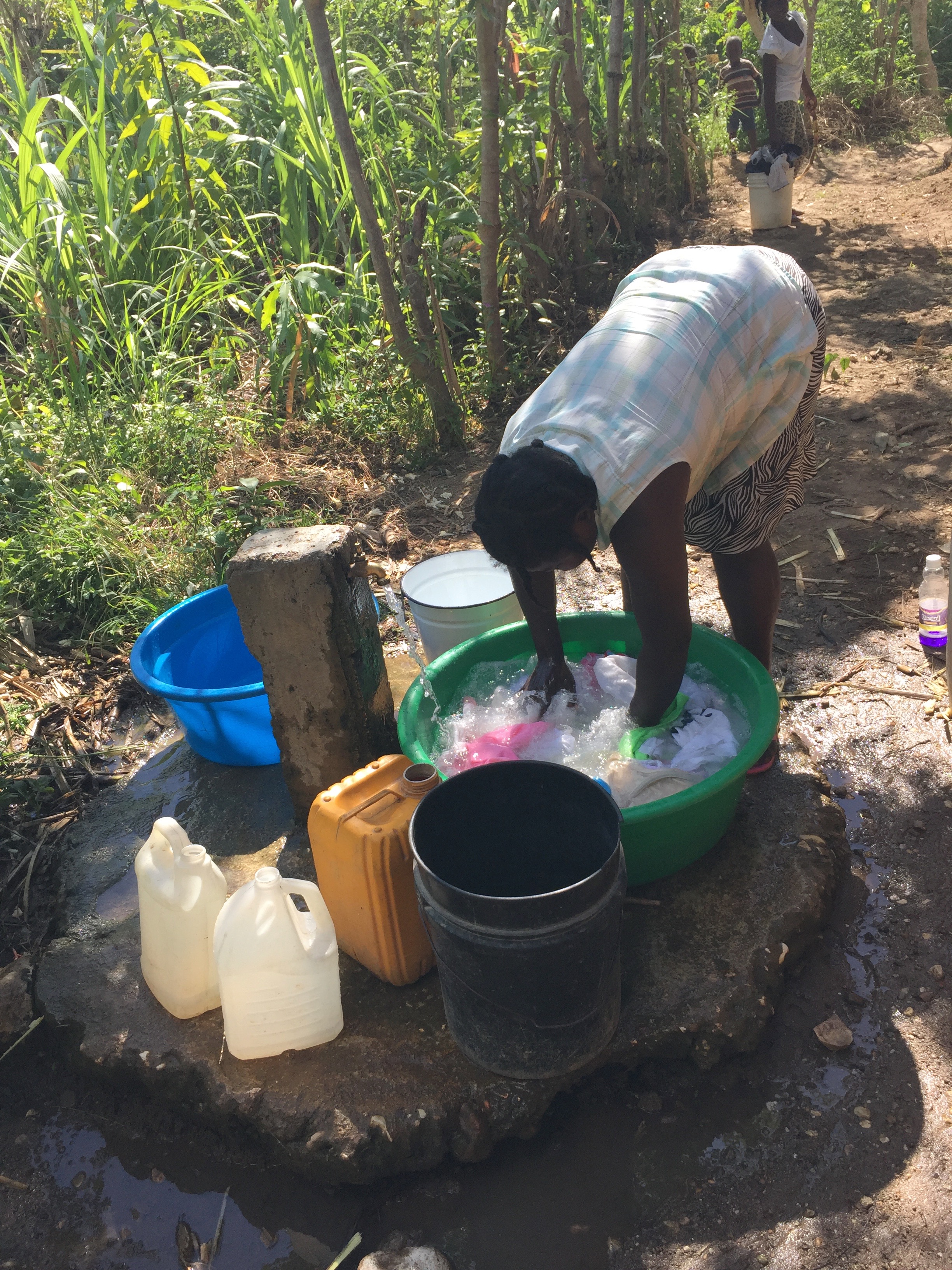“I am reluctant to do work in Haiti. Our congregation's mission project there failed because Haitians would not sustain it.”
We heard this sentiment expressed at our first meeting in July 2013. We determined at the beginning of this project that this school must be self-sustaining.
Now in our fourth year, we have been successful in almost every way. We have met our fundraising goals. We are on track to complete classroom construction next year. The school consistently meets the requirements of the Ministry of Education. We have connected with the families and children, and we hear their passionate gratitude and determination. We have formed strong bonds with our partners at UUSC and MPP. MPP has been a reliable project manager. We have built loving relationships among members of our three congregations in Atlanta.
Sustainability remains elusive.
Oh, we’ve had a reasonable plan all along. We will meet the requirements of the Ministry of Education which, by law, is required to pay the teachers. We know this works because the school we visited at Basin Zim, in a rural area about 10 miles away, has been a “national school” for 30 years. So, if/when the MOE nationalizes the EcoVillage school, it will have the financing it needs. But the government of Haiti is short on resources. It is behind in supporting the schools it has already nationalized, set back by the year-long period when there was no president or functioning government. Furthermore, the whole process of nationalizing a school is fraught with local politics and cronyism.
The second long-term resource requirement is food, which the government does not subsidize. Again, there has been a plan. The school has been assigned a large field where parent volunteers could raise food. This has worked with a smaller-scale kitchen garden that puts vegetables on the children’s lunch table now. But this, too, has been plagued by problems of organization and drought and the cost of fencing to provide security--animals and people are hungry.
The underlying problem is clear: The villagers are very poor. The region they inhabit is very poor. They have few sources of income. Now that they have shelter and can grow food to feed themselves, they can ask the next question: how do I improve my life for myself and my family? Sending children to school is part of the answer. Can they earn income too?
Chavannes and MPP met in an assembly of the villagers after our visit in April. They proposed options for ways that villagers can both earn income and support the school. After deliberations, each village agreed to create one or more agribusiness cooperatives, allowing each village to borrow from the EcoVillage credit union based on a business plan developed within the village. Proceeds from the businesses will be split between people in the villages and the school. Here is what villagers have agreed to.
1. Raise goats. For the past 3 years the goat program – launched by ACG -- has provided a goat for each family to raise, with the goat belonging to the school. It has raised some money for the school . Three villages have agreed to launch full-scale goat production, which includes building an enclosure, consolidating the existing goats and buying more, raising forage, tending the goats, and taking them to market.
2. Cultivate moringa. Every family in the EcoVillages grows their own moringa plants to increase the nutrition of their meals. Four villages have agreed to farm moringa for the market. Each will cultivate ½ hectare (about an acre) and MPP will farm an additional 2 hectares. Parents who live in the community outside the EcoVillages will be offered the opportunity to participate in this project.
3. Cultivate cassava and peanuts. Recent El Nino drought has raised awareness of the impact of global warming and the need for drought resistant crops. Cassava (also called manioc) and peanuts are companion crops that are drought resistant. Three villages have committed to raising these crops on community land and all of the villages have expressed some interest.
These projects require a capital investment of $18,730, which is the total amount that will be borrowed by the villagers. Loans will be repaid in 4 years. ACG, UUSC and MPP agreed to divert $16,000 earmarked for fencing the school farm. ACG has agreed to send an additional $2730 to fully fund the projects. Repayment of the loans will allow the credit union to reinvest in future development.
After the loans are repaid, the projected annual net profit for all the EcoVillage agribusinesses will be about $11,000. 60% of the profits will go to the school and 40% to the 60 families in the villages.
We are encouraged that the villagers – all of whom are parents to school children – have agreed to take on this effort. It gives them something tangible to do for the future of their families which determines the future of the school. If successful, this step begins to provide a financial foundation for the school. This is the reason that the partners have chosen to fund the effort.
Now, stop for a moment and look at the numbers and what they say about poverty. Even after 5 years of effort, this plan accounts for about 1/3 of the annual cost for feeding 160 children. And take home pay for families? An average of $75 per year per family.
In the end, will our school project prove to be unsustainable? If so, it won’t be because the villagers haven’t worked hard and tried their best. It won’t be because we at ACG are not creative enough or persistent enough. It won’t be because MPP was an unreliable partner or has given up on the people. It will be because of the intractable poverty. Poverty: the reason we took on this project in the first place. We were determined to give kids a chance in the face of the poverty. We knew school was the chance to break the cycle of poverty begetting more poverty. Do these children deserve a chance to break out of this poverty?
And so, we come full circle.
Should we build a school? Yes.
Should we try to make it sustainable? Yes.
Is success guaranteed? No.
Pray for them and us. We all need it.
